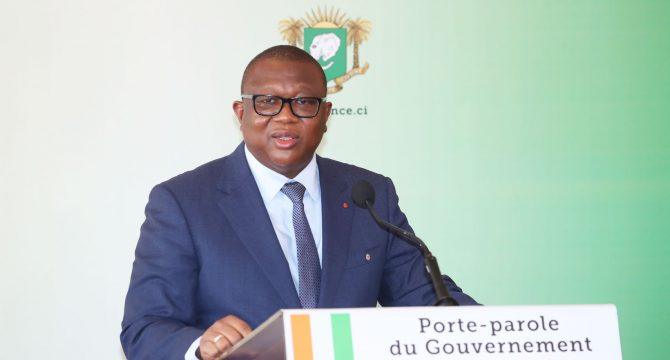Understanding Cote d’Ivoire: Economy and Current Events

Introduction
Cote d’Ivoire, also known as Ivory Coast, is a West African country that plays a significant role in the region’s economy through its agricultural exports and burgeoning industries. As of 2023, the nation’s economic trajectory is drawing attention due to its impressive recovery post-pandemic and the challenges it faces amidst political tensions and environmental concerns. Understanding the dynamics at play in Cote d’Ivoire is crucial not only for regional stability but also for global markets reliant on its resources.
Economic Landscape
Cote d’Ivoire has experienced robust economic growth in recent years, with the World Bank reporting an estimated GDP growth rate of 6.7% in 2022. The country’s economy is primarily driven by agriculture, particularly cocoa and coffee production, making it one of the world’s leading exporters. In 2023, however, global supply chain disruptions and fluctuations in commodity prices have posed challenges to maintaining this growth trajectory.
Political and Social Context
Despite its economic advancements, Cote d’Ivoire has been marred by political instability, especially following the elections and the civil conflict that plagued the nation in the past. In recent months, protests have erupted due to rising living costs, driven by inflation across West Africa. The government has announced measures to curb inflation and support the poor, yet the effectiveness of these policies remains to be seen.
Investment Opportunities and Challenges
The Ivorian government continues to promote foreign investment in sectors such as renewable energy, infrastructure, and information technology. Initiatives aimed at improving the business environment have attracted several international companies. However, challenges such as corruption, inadequate infrastructure, and occasional civil unrest can deter investors.
Conclusion
As Cote d’Ivoire stands at a crossroads, the balance between political stability, economic growth, and social cohesion will be pivotal in shaping its future. The government’s ability to implement effective policies and create a conducive environment for investment will determine not only its economic prospects but also its role as a leader in West Africa. Its resilience in overcoming current challenges could serve as a model for other nations in the region and contribute to multicultural and economic integration.
